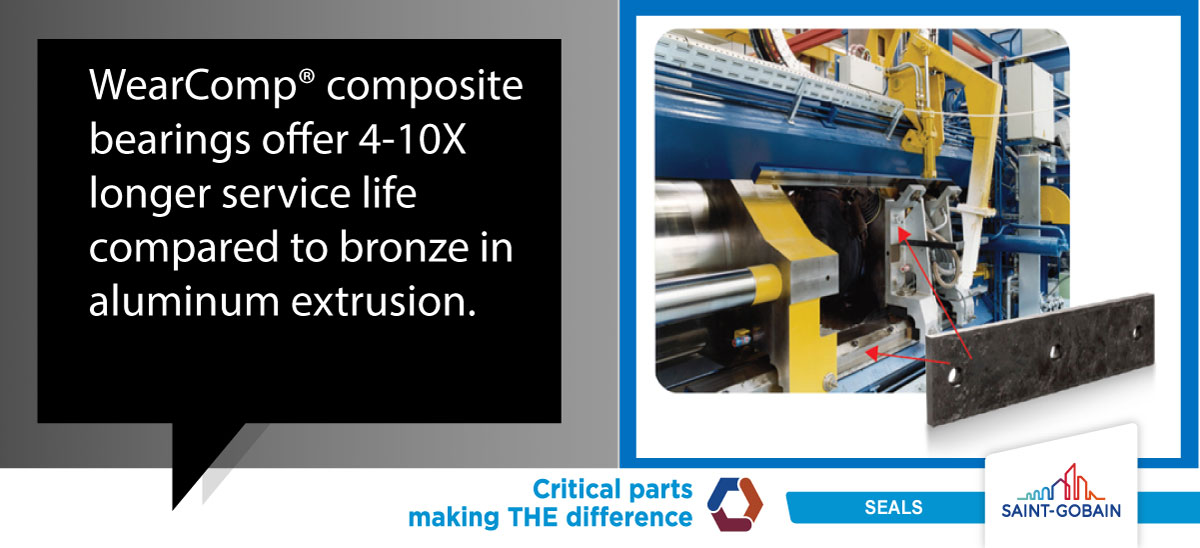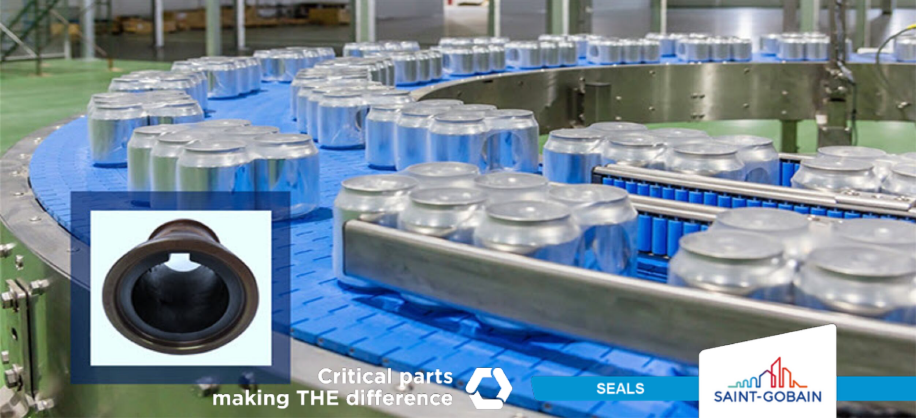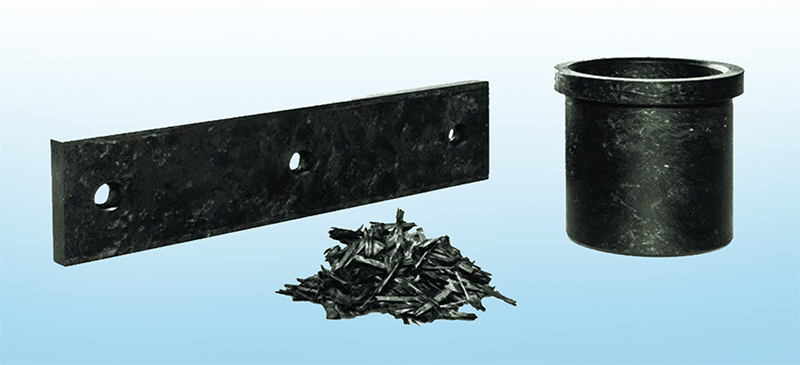Aluminum extrusion—or the process of manufacturing aluminum alloy parts with definitive cross-sectional profiles—is on the rise. The global aluminum extrusion market size, valued at about $80 billion in 2018, is expected to grow at a CAGR of over 5% from 2019 to 2025. The U.S., China, and India combined are expected to comprise close to 60% of the global construction industry growth overall by 2030, with extrusion increasing in these countries.
With extrusion producing aluminum alloys that have the potential to be strong yet lightweight (and also be potentially less expensive than steel and be recyclable), this heavy industrial machinery is quite critical to key industries such as automotive that seek to produce lighter weight cars, trucks, and public transportation vehicles to address consumer and government demand for greater fuel-efficiency. Ford has its F-150, with aluminum frames, and luxury car makers like Audi, Mercedes Benz, and Land Rover are also looking to the process and these lightweight materials. Not only are these heavy machinery systems important but also the critical parts that keep these systems running, which is where advanced composites can really count!



